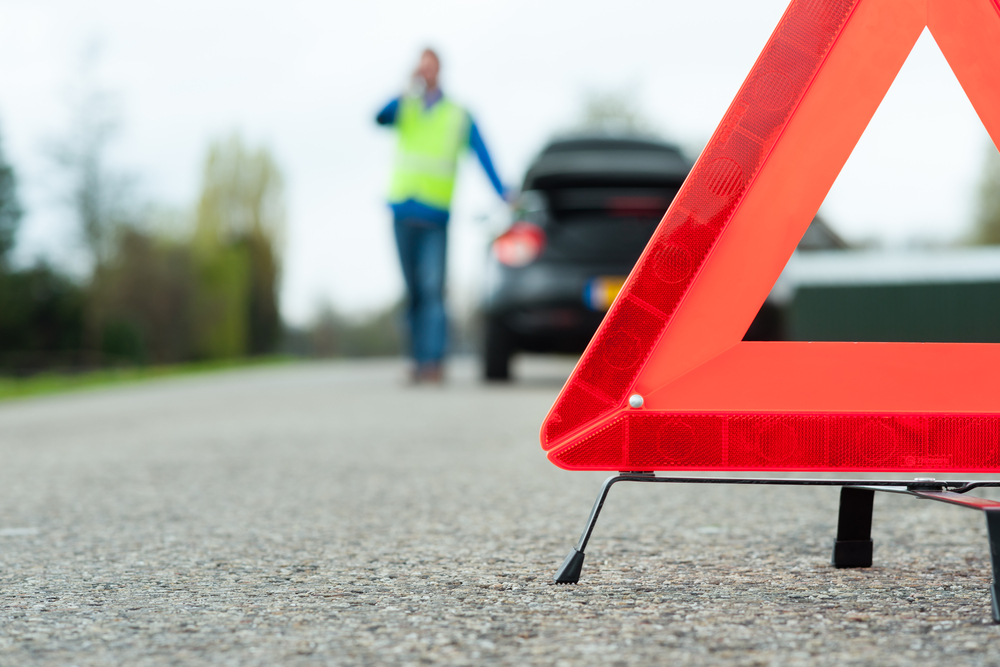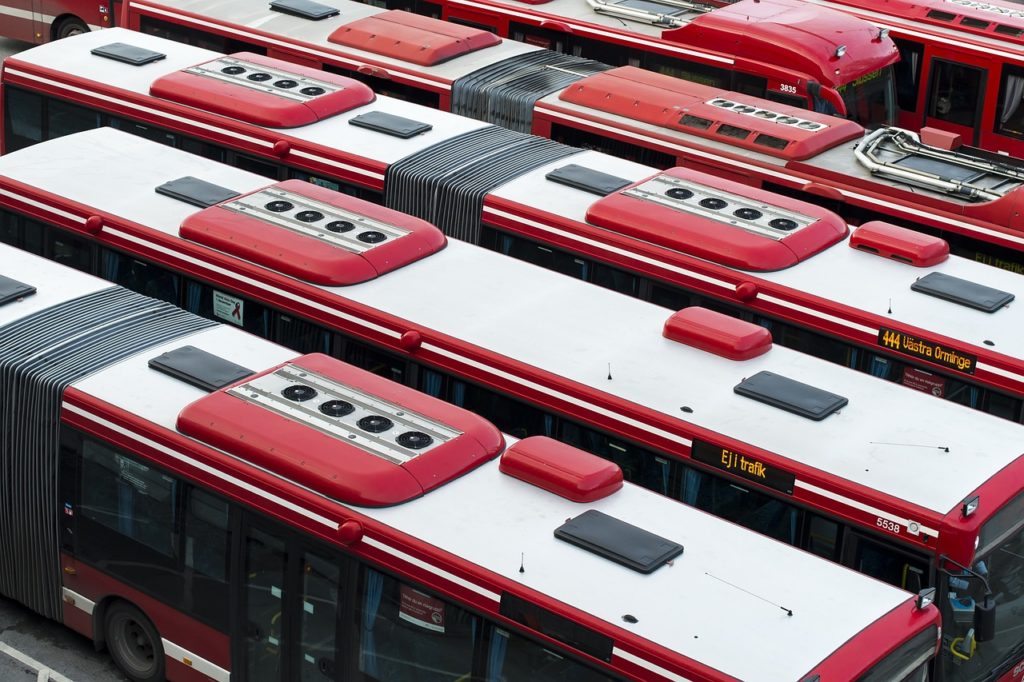What happens after a failure?

Service involves people, including both customers and employees. The consequence is that the service delivered by employees to customers has the potential of varying a great deal. This provides the potential for service failure. This is when something goes wrong in the service process. An airliner skids off a runway, a call centre operator is unable to answer a customer’s question or a bus goes off the road into a ditch. All these things are not meant to happen. This is when it becomes important for the organisation to have a clear service recovery process in place to make things right.
No organisation wants these failures, so planning what to do when they do is important. That way, every employee knows how to react to the service issues. What and how a company does when things go wrong affects the decisions consumer make in the future? Travel to work by bus or rather drive? It affects the word-of-mouth (WoM) customers share about the organisation and this is not only spread personally but also via social media. And then there are issues of trust and profits.
But what do customers expect when there is a service failure? Research suggests that there are three main areas that customers evaluate.
Procedural justice refers to the rules and policies that organisations have in place for when there is a service failure. Some are developed by the organisation as they know the specific failures they might experience while others are imposed by the government (or the European Union). So, giving aeroplane passengers compensation for cancelled flights is mandated under European law. Others, like how to react to a bus accident is the responsibility of the bus company. Other aspects they delegate to their insurance company as part of doing business. But how will this work? How long will it take? How long will it to get some form of compensation? In my case, there is no clear indication currently.
When experiencing a service failure, customers react in various ways. Some customers get angry and shout while others say nothing, they just never go back. How customers are treated is part of service recovery, known as interactional justice. Customers expect polite, friendly treatment and that the service failure will be fixed. For this reason, organisations train their customer services people on how to communicate to the customer. This is especially important when the customer is angry or disappointed. Of course, a bus accident cannot be undone, but communication with the passengers is vitally important, especially close to an actual event.
Outcome justice refers to what the customer receives after the failure. If a flight to London is cancelled, the alternative plans the airline makes to get the passenger to London would be part of this. Companies sometimes offer money back plus additional compensation to fix the situation. After being involved in the recent bus accident, the outcome justice could be the additional compensation (such as free travel) offered to passengers. This is often what customers remember long afterwards.
In the days after the accident, I was so grateful that I was not badly injured. And I am very grateful for all the help and support from many different people. But what now? Where are we in the recovery process so far from the bus accident? It took more than 2 weeks to hear from the bus company and we had to contact them. So far, the people have been very nice and friendly. The process has started. I guess I will continue to carry the costs personally until I know more and the service recovery process is finished, which will take some time.
Adele Berndt
Associate Professor
Business Administration , Jönköping International Business School
Detta är en bloggtext. Det är skribenten som står för åsikterna som förs fram i texten, inte Jönköping University.






